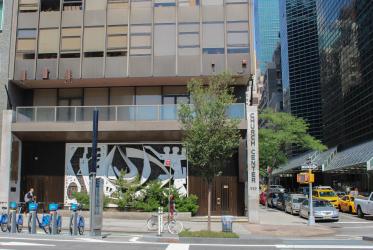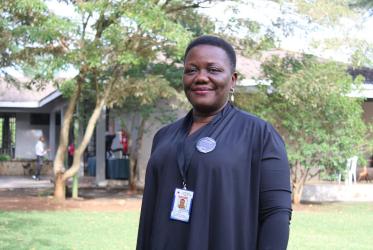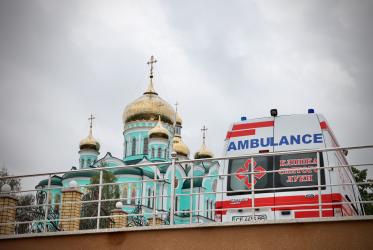Displaying 61 - 80 of 171
WCC helps churches connect with UN on racial justice issues
09 November 2022
In New York City, the spirit of Thursdays in Black is thriving
06 October 2022
Assembly workshop looked toward ending AIDS epidemic by 2030
19 September 2022
Ukraine: Responding to humanitarian need
08 September 2022
Strengthening Christian Perspectives on Human Dignity and Human Rights
Perspectives from an International Consultative Process
19 August 2022
Cooler Earth - Higher Benefits (Third Edition)
Actions by those who care about children, climate, and finance
16 August 2022
Monastery in Ukraine responds to the consequences of war
09 August 2022
Lighting the lives of many
28 June 2022
Called to Transformation - Ecumenical Diakonia
09 June 2022

















